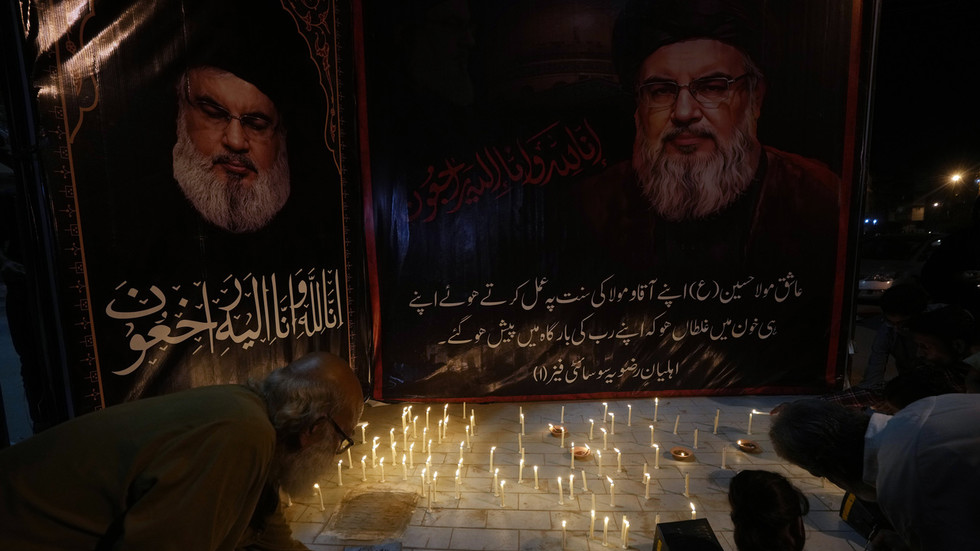You have a preview view of this article while we are checking your access. When we have confirmed access, the full article content will load.
News Analysis
The Biden administration is struggling to halt cooperation among Russia, China, North Korea and Iran. It feels urgency over the wars in Ukraine and the Middle East while also aiming to protect Taiwan.

By Edward Wong
Reporting from New York during the United Nations General Assembly and from Ukraine and China on trips with the U.S. secretary of state
Sept. 30, 2024, 11:22 a.m. ET
Call it the Axis of Anger.
It is ripped from the pages of the World Wars or the Cold War: a coalition of powers working to strengthen one another’s militaries to defeat America’s partners and, by extension, the United States.
That is how the Biden administration characterizes Russia, China, North Korea and Iran, as those nations align more closely. U.S. officials have been sounding the alarm in speeches and closed-door talks around the world, most recently at the United Nations General Assembly in New York that ended over the weekend.
As the conflict in the Middle East widens — and as the world watches for whether Iran will retaliate against Israel for the killing on Friday of Hezbollah’s leader, Hassan Nasrallah, and its strikes across Lebanon — U.S. officials feel an even greater sense of urgency.
Image
Yet the partnerships are not as unified as they might appear, and U.S. officials say they still see ways to slow that trend.
At a Security Council meeting on Tuesday, Secretary of State Antony J. Blinken said the council’s priority should be stopping the stream of military aid — including ballistic missiles, drones and artillery shells — from North Korea and Iran to Russia. And he noted that China had sent machine tools, microelectronics and other supplies to Russia’s defense industry as President Vladimir V. Putin presses his invasion of Ukraine.

 By The New York Times (World News) | Created at 2024-09-30 15:25:08 | Updated at 2024-09-30 17:18:54
1 hour ago
By The New York Times (World News) | Created at 2024-09-30 15:25:08 | Updated at 2024-09-30 17:18:54
1 hour ago




